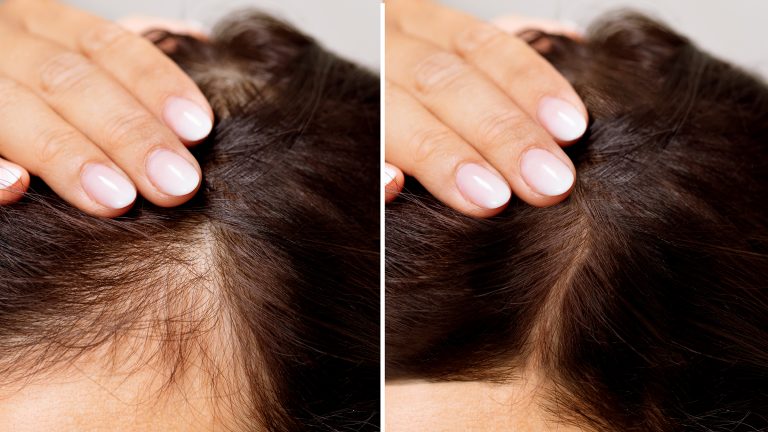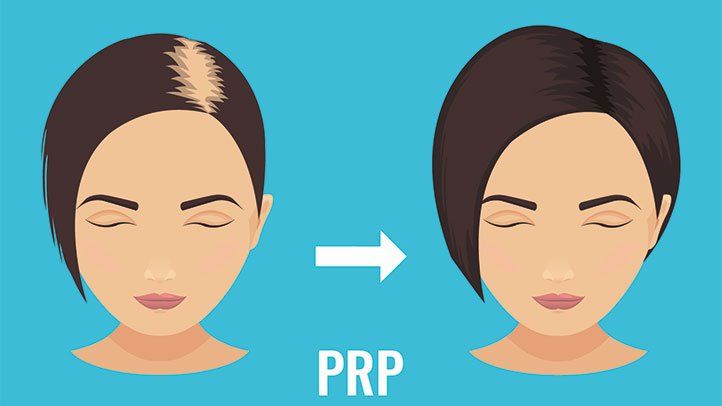Say Goodbye to Stiff Neck Pain with These Effective Remedies

Are you tired of dealing with the discomfort of a stiff neck? You’re not alone. Whether it’s due to poor posture, muscle strain, or stress, neck pain can be a real nuisance. In this blog post, we’ll explore the common causes of stiff neck pain and provide you with a range of effective home remedies, massage techniques, and exercises to help alleviate your discomfort. We’ll also discuss the importance of proper posture and ergonomics in preventing future neck pain. So, if you’re ready to bid farewell to that nagging neck pain, keep reading for some valuable insights and solutions.
Causes of Stiff Neck Pain
A stiff neck can be caused by various factors, including poor posture, muscle strain, and underlying health conditions. Understanding the causes can help in finding the most effective remedies for stiff neck pain. Here are the common causes to be aware of:
-
Poor Posture: Prolonged periods of hunching over a computer, phone, or desk can strain the neck muscles, leading to stiffness and discomfort.
-
Muscle Strain: Sudden movements or overexertion of the neck muscles, often resulting from activities like poor sleeping positions, carrying heavy bags, or excessive exercise, can lead to stiffness and pain.
-
Underlying Health Conditions: Conditions such as arthritis, spinal stenosis, fibromyalgia, or injuries from accidents can contribute to chronic neck stiffness and discomfort.
Understanding these causes can help in identifying the most suitable remedies for stiff neck pain to address the root issue and alleviate discomfort effectively. Incorporating the right approach and remedies can provide long-lasting relief for individuals experiencing stiffness in the neck.
Remember, seeking proper medical advice for persistent or severe neck pain is crucial for accurate diagnosis and appropriate treatment, particularly for underlying health conditions contributing to neck stiffness.
Effective Home Remedies for Stiff Neck Pain
Dealing with a stiff neck can be quite discomforting, but there are several simple yet effective home remedies that can help alleviate the pain and stiffness without the need for medication. Here are some remedies that you can try:
-
Heat or Cold Compress: Apply a heating pad or a cold compress to the affected area for 15-20 minutes at a time. This can help reduce muscle spasms and ease the stiffness in the neck.
-
Gentle Neck Stretches: Perform slow and gentle neck stretches to improve flexibility and reduce tension in the muscles. Be sure to perform these stretches carefully to avoid further strain.
-
Epsom Salt Bath: Soaking in a warm bath with Epsom salt can help relax the muscles and provide relief from stiff neck discomfort.
-
Over-the-Counter Pain Relievers: Consider taking over-the-counter pain relievers such as ibuprofen or acetaminophen to help manage the pain and inflammation.
-
Improved Sleeping Posture: Use a supportive pillow and maintain a neutral sleeping position to prevent further strain on the neck muscles while sleeping.
By incorporating these simple yet effective home remedies for stiff neck pain into your routine, you can experience relief from discomfort and promote faster recovery without the need for extensive medical interventions. However, if the stiff neck persists or worsens, it’s important to seek medical help for further evaluation and treatment.
Massage Techniques to Relieve Stiff Neck Pain
When it comes to alleviating stiff neck pain, massage techniques can be incredibly effective. By targeting the tense and sore muscles in the neck area, these techniques can provide significant relief. Here are some proven massage techniques to help you say goodbye to stiff neck pain:
-
Effleurage: This technique involves gentle, long strokes along the neck and shoulder muscles, promoting blood flow and relaxing the muscles.
-
Deep Tissue Massage: Targeting the deeper layers of muscles, this technique helps release chronic muscle tension and break up knots causing stiffness.
-
Trigger Point Therapy: By applying pressure to specific trigger points, this technique can release tension and alleviate pain in the neck muscles.
-
Neck Stretch Massage: Gently stretching and massaging the neck muscles can improve flexibility and reduce stiffness.
-
Self-Massage Techniques: Using your hands or massage tools, you can apply pressure to the sore areas, helping to release tension and promote relaxation.
Remember: Always consult a professional massage therapist for guidance and to ensure you are using the correct techniques for your specific condition.
By incorporating these massage techniques into your routine, you can effectively address the discomfort caused by a stiff neck and improve your overall neck health.
When using these massage techniques, be mindful of the pressure applied, and be sure to seek medical advice if the pain persists or worsens.
Including comparison tables can be beneficial in illustrating the differences between various massage techniques for relieving stiff neck pain. This can provide readers with a clear understanding of the advantages and considerations of each method.
Importance of Proper Posture and Ergonomics
Maintaining proper posture and ergonomics is crucial for preventing and managing stiff neck pain. Here’s why it’s important:
-
Prevention of Strain: Good posture reduces strain on the muscles, ligaments, and joints in the neck, minimizing the likelihood of developing a stiff neck.
-
Improved Muscle Support: Proper ergonomics, such as using an ergonomic chair and adjusting computer monitor height, provides better support for the neck muscles, reducing the risk of stiffness.
-
Reduction of Tension: By maintaining a neutral neck position and proper alignment of the spine, undue tension on the neck muscles is minimized, preventing discomfort and stiffness.
-
Enhanced Circulation: Good posture and ergonomic practices facilitate better blood flow, ensuring that the neck muscles receive adequate oxygen and nutrients, promoting relaxation and reducing stiffness.
Incorporating ergonomic adjustments in your workspace, being mindful of your posture during daily activities, and using supportive pillows while sleeping can significantly contribute to alleviating and preventing stiff neck pain. Remember, small changes in posture and ergonomics can make a big difference in managing discomfort associated with a stiff neck.
Remember, small changes in posture and ergonomics can make a big difference in managing discomfort associated with a stiff neck.
Exercises to Alleviate Stiff Neck Pain
Sitting for prolonged periods or poor posture can lead to stiffness and discomfort in the neck. Including simple exercises in your daily routine can effectively alleviate stiff neck pain. Here are some beneficial exercises to help relieve discomfort and improve flexibility:
-
Neck Stretches:
- Gently tilt your head towards your shoulder, holding for 30 seconds on each side.
- Slowly rotate your head in a circular motion, both clockwise and counterclockwise, to release tension.
-
Shoulder Rolls:
- Sit or stand up straight and roll your shoulders backward in a circular motion for 10-15 repetitions.
- Follow with forward shoulder rolls to loosen the muscles.
-
Upper Back Stretch:
- Interlace your fingers and reach forward, rounding your back to feel a stretch between your shoulder blades.
-
Chin Tucks:
- Sit upright, tuck your chin towards your chest, and hold for 5-10 seconds, then release. Repeat 10 times.
Incorporating these exercises into your daily routine can significantly reduce neck stiffness and improve mobility, contributing to a healthier neck. Combine these exercises with other remedies for stiff neck for enhanced relief.
When to Seek Medical Help for Persistent Neck Pain
If you’ve tried various remedies for stiff neck and the pain persists, it may be time to seek medical assistance. Here are some signs that indicate the need for professional medical help:
-
Prolonged Intensity: If the pain is severe and lasts for more than a week despite trying home remedies, it’s crucial to consult a healthcare professional.
-
Numbness or Tingling: If you experience numbness, tingling, or weakness in your arms or hands along with the stiff neck, it could indicate nerve compression, requiring medical attention.
-
Injury or Trauma: If the stiff neck follows an injury, such as a fall or accident, it’s important to get an assessment from a healthcare provider to rule out any serious damage.
-
Fever and Headaches: Presence of fever, persistent headaches, or other unusual symptoms accompanying the stiff neck may signify an underlying condition that needs medical evaluation.
Remember, persistent neck pain can sometimes indicate underlying health issues that require professional diagnosis and treatment. Always prioritize seeking medical advice if the pain persists or is accompanied by concerning symptoms.





